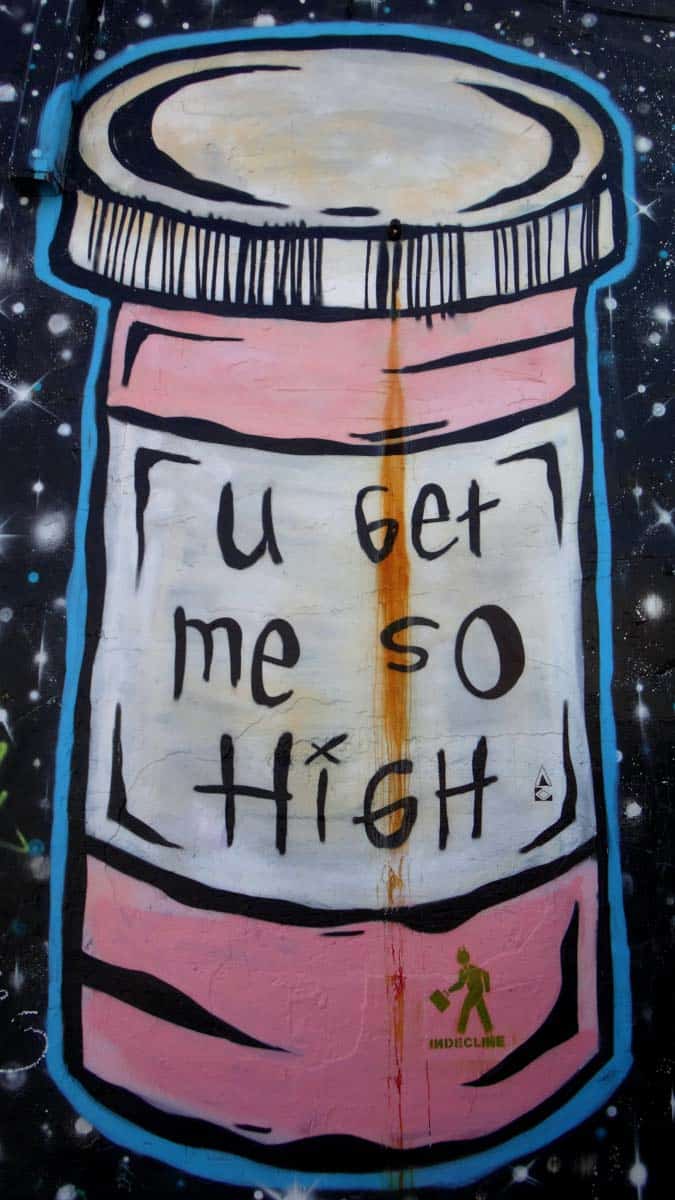The opioid crisis has been increasing over many years, and Missouri is no exception. There are several initiatives already established throughout Missouri that work to assist those struggling with opioid substance use disorder through prevention programs as well as treatment centers specializing in recovery methods tailored most effectively for every individual’s needs.
With continued awareness-building efforts about the importance of education, restoring hope to those afflicted by substance misuse so they have the opportunity to achieve a life free from abuse or inhabitation is just one step closer to changing the tide of this widespread epidemic.
Overview of Opioid Epidemic in Missouri
The opioid epidemic has hit Missouri hard. It is a public health crisis that has affected families, communities, and the entire state. With the increase in opioid use, there has been a rise in drug overdoses and deaths.
This problem has affected people from all walks of life, regardless of age, gender, or social status. Missouri has been working to combat this crisis and has implemented a variety of strategies, such as increasing access to addiction treatment, increasing law enforcement efforts to crack down on illegal drug trafficking, and educating communities about the dangers of opioids.
It is clear that the opioid epidemic is a complex issue that requires a multi-faceted approach to solve. Missouri remains committed to finding solutions and helping those who are struggling with addiction.
Understanding the Risks of Misusing Opioids and Other Drugs

Opioid misuse is a serious issue that affects individuals and communities across the country. Understanding the risks associated with opioids and other drugs is critical to preventing their misuse. Misusing opioids can lead to physical dependence, addiction, and even death.
Additionally, opioid misuse can have negative impacts on mental health, relationships, and overall quality of life. It is important to approach opioid use with caution and to seek professional help if you or someone you know is struggling with misuse. Educating ourselves and others on the risks of opioid misuse can save lives and prevent unnecessary suffering.
Strategizing for Prevention and Education Programs
In today’s society, prevention, and education programs play a critical role in keeping individuals and communities healthy and safe. By strategizing effective programs and initiatives, we can equip individuals with the knowledge and resources they need to prevent avoidable harm and promote healthy behaviors.
This is particularly important in areas like healthcare, where education programs can help individuals make informed decisions about their health and prevent the spread of disease. Additionally, prevention programs in areas like substance abuse and mental health can provide individuals with the necessary tools to avoid harmful behaviors and seek help when needed.
As we continue to prioritize prevention and education, we are not only empowering individuals, but we are building stronger and healthier communities as well.
Exploring Treatment Options for Addicts
When it comes to addiction, there is no one-size-fits-all solution. Each individual struggling with addiction has unique circumstances that require tailored treatment options.
As addiction specialists, it is our duty to explore all possible avenues to help our patients overcome their addictions. From individual and group therapy to medication-assisted treatment, we remain up-to-date with the latest research and continue to refine our approach.
The road to recovery is not an easy one, but with a comprehensive treatment plan in place, we can help our patients get back on track to a happy, healthy life.
Examining Available Federal and State Funding for Treatment Programs
Accessing federal and state funding for treatment programs requires an understanding of the available options and a strategic approach to securing resources. Depending on the program and level of support needed, funding can come from various sources, including grants, contracts, and loans.
Professionals who seek state or federal support for treatment programs should identify relevant programs, allocate resources, and follow application guidelines closely. While the process of securing funding can be competitive, the rewards of successfully implementing a treatment program that changes lives are immeasurable.
With a clear understanding of available options and an effective plan, professionals can access the resources needed to achieve their vision for improved healthcare.
In Conclusion
Seeking addiction treatment for opioid abuse can provide numerous benefits to those struggling with a substance use disorder. It can reduce the risk of opioid-related complications and overdoses; it can help patients return to productive daily activities; it can provide an increased sense of self-worth and an improved sense of purpose.
Lastly, seeking treatment for opioid abuse improves overall long-term well-being and quality of life. We stand ready to assist Missouri residents in need of care to combat opioid abuse with several levels of treatment options available.
Call today to discuss your needs and receive personalized care plans built around the foundations of successful addiction recovery. With comprehensive support services tailored around individual patient’s needs, you can find hope in opioid abuse.
It is time to take back control – contact Grand Falls Center for Recovery today.

